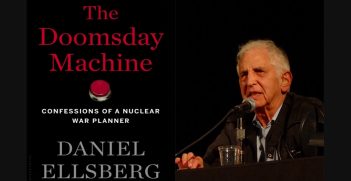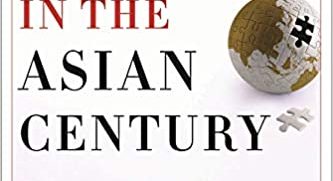India and the Nuclear Non-Proliferation Regime: The Perennial Outlier

As C. Raja Mohan observes in the preface to this book, India has had many ‘atomic avatars’: it has been a champion of non-proliferation (and indeed disarmament), a catalyst for an emerging regime, then a contrarian and a challenger and, finally, for all intents and purposes, a collaborator in the current nuclear order. In this volume A. Vinod Kumar explores each ‘avatar’ in turn, emphasizing the complex and often conflicted attitudes that official India has had towards non-proliferation.
Like many Indian analysts, Kumar is sceptical about the nature of the non-proliferation regime. He argues that the regime was flawed from the outset by its discriminatory character, its inability to prevent vertical proliferation by the superpowers or provide workable security guarantees for non-nuclear powers and its dampening effect on disarmament initiatives. And he notes that the rise of counter-proliferation as the ‘forward looking, fighting man’s alternative’ has complicated efforts to stop or slow the spread of nuclear weapons.
In the central chapters of the book, Kumar explores India’s official positions towards the Nuclear Non-Proliferation Treaty, nuclear disarmament, counter-proliferation and what he calls the wider ‘anti-proliferation’ agenda as each has changed in the post-Cold War period. India, he argues, has managed ‘life as an outlier’ by extensive use of ‘adjunct mechanisms and selective adherence’ . He concludes, however, that this position is becoming increasingly unsustainable and that, as a result, India is slowly assimilating to the non-proliferation regime. Kumar thinks this process is a positive development because it will allow India to retake at least some of the initiative in global efforts at non-proliferation and disarmament.
This is an engaging and thoughtful book that fills a significant gap in the literature on India and nuclear non-proliferation which is dominated by Western studies and informed mostly by American theories about how and why states seek nuclear weapons and how they can be dissuaded from doing so.
A. Vinod Kumar, India and the Nuclear Non-Proliferation Regime: The Perennial Outlier, Institute for Defence Studies and Analyses and Cambridge University Press, 2014
Reviewed by Ian Hall, Senior Fellow, The Australian National University





